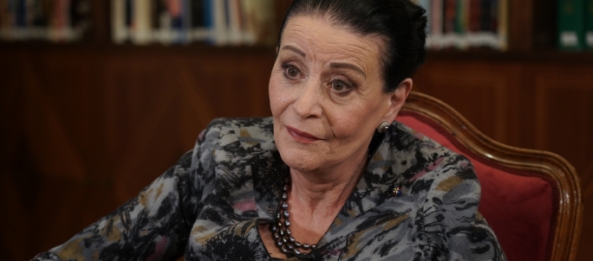The proposal to set up an authority to deal with climate change regulation, mitigation and adaptation, announced by Prime Minister Robert Abela during an MCESD meeting last week, though well-intentioned, is uncalled for. It essentially means more fragmentation in matters related to environmental governance.
We have been there before during the debate on land use planning and the environment with the resulting merger and subsequent demerger.
The actual results achieved as a consequence of the planned fragmentation have increased the existing environmental mess exponentially.
Environmental governance requires consolidation and not fragmentation in order to be effective.
The effective coordination of policy formulation, regulation and implementation in all environmental issues can be achieved. However, for this to happen we ought to realise that the smallness of our country is an asset which is currently ignored but which we can put to good use.
Rather than have a separate authority dealing with climate change it would be more appropriate to beef up the Environment and Resources Authority (ERA) and ensure that it is run appropriately.
Climate change is a ticking time bomb that is confirmed as being progressively worse with every scientific report that is published. The current heat-wave and the flooding that we have witnessed in the past winter are clear indications of what lies in store for all of us in the immediate future.
We are no exceptions. Nature does not discriminate; it treats us all equally. It just rolls over all of us as it did elsewhere with floods, fires and other extremes of weather.
In these circumstances the realistic way forward is not to set up more authorities but, rather, to seek the way in which we can maximise our existing efforts through proper coordination and, where possible, the consolidation of existing official bodies and authorities. This could lead to the optimisation of results and better value reflecting the resources put to use. We cannot, as a nation, afford to do otherwise.
It must be a carefully studied political decision but not a partisan one. Ideally, the government should try and rope in the best local minds to carefully plot the way forward. It should search beyond the political divide. This is possible if there is the political will.
There is so much we can do. It can, however, be painful, as it would require unavoidable changes to our lifestyle. We must continuously remember that there is no gain without pain. With appropriate and timely action, the pain can, however, be minimised.
The longer we take to get our house in order, the greater the pain inflicted on all: it will be self-inflicted pain as we can avoid or reduce part of it if we act in good time. Even though time is running out, it is still possible to take meaningful action. All of us will be impacted, but the vulnerable will be impacted most of all.
The action required encompasses practically all that we do. It impacts land use and urban planning, agriculture, tourism, transport, energy consumption and generation, air quality, water management, nature protection and restoration – practically everything around us. Consequently, it will also have a considerable impact on our economic activity.
The month of July that just ended has been the hottest on record. We are still reeling from its impacts on the energy distribution network. There are other impacts that we will have to address, shortly. We have to (and can) anticipate all this through foresight and appropriate planning.
All the required information to help us plan a better future that factors in climate change is already available. This information has been available for a considerable number of years but it has been conveniently ignored as the political establishment has always sought to paint a future landscape which is out of tune with reality.
This is the real challenge we face: to plan our future realistically. The longer we take to get our feet on the ground the more difficult it will be to achieve the required results. We owe it to future generations to ensure that when we pass on the baton, these islands are still liveable. So far, this is most clearly not achievable.
published in Times of Malta: 3 August 2023








